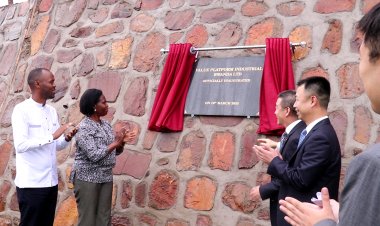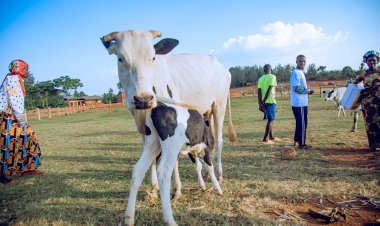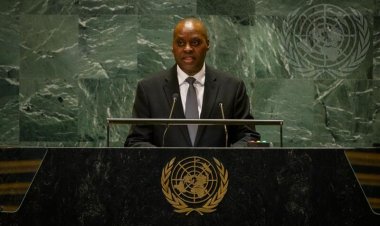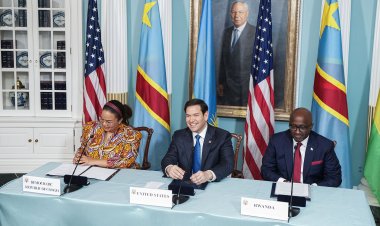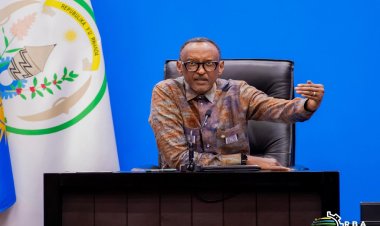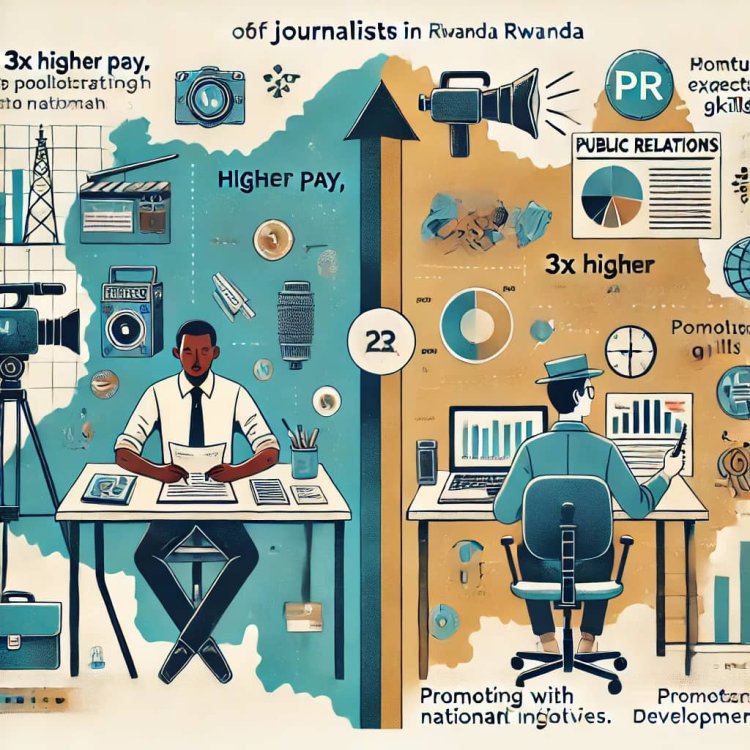
In Rwanda, journalism has long been regarded as a cornerstone of societal progress, providing a voice to the voiceless and shaping public discourse. However, an increasing number of the country’s most talented journalists are leaving newsrooms to take up roles in Public Relations (PR), Media, and Communication. This trend is not accidental; it is driven by a combination of their unique skill sets, professional aspirations, and the appeal of better remuneration in PR positions.
With over eight years of experience as a Public Relations, Media, and Communication Officer in local government and the health sector, alongside teaching roles at various Rwandan universities, I have witnessed first-hand why journalists excel in PR roles and what motivates this transition.
1.PR Roles Offer Higher Pay
One of the primary reasons for this career shift is financial. PR specialists in Rwanda earn significantly more than ordinary journalists. In some cases, their salaries can be three times higher, offering a level of financial stability that journalism often cannot. This makes PR roles particularly attractive, especially for seasoned journalists with families to support or personal goals to achieve.
2.Strong Media Expertise
Rwanda’s journalists bring unparalleled expertise in media to PR roles. Their knowledge of how newsrooms operate, combined with their ability to craft compelling stories, allows them to design effective communication strategies. This media savvy ensures that their PR campaigns are both impactful and relatable to the public.
3.Professional Skills and Ethical Standards
Journalists are trained to uphold ethical standards, fact-check their work, and deliver accurate content under tight deadlines. These skills are invaluable in PR, where trust and credibility are critical. PR specialists with a journalism background are better equipped to handle sensitive issues and maintain the integrity of the organizations they represent.
4.Exceptional Writing and Content Creation
Content creation is at the core of both journalism and PR. Journalists transitioning to PR excel in writing press releases, speeches, social media content, and reports. Their ability to communicate complex ideas in a clear and engaging manner makes them stand out in the field of public relations.
5.Effective Management and Organization
Journalists in Rwanda are accustomed to juggling multiple tasks, meeting tight deadlines, and coordinating with diverse teams. These experiences make them excellent managers in PR roles, where strategic planning, team collaboration, and crisis management are part of daily operations.
6.Adapting to Change and Challenges
The dynamic nature of journalism prepares professionals to thrive in high-pressure environments. This adaptability is crucial in PR, where they must respond to crises, manage reputational risks, and adjust strategies to meet evolving organizational needs.
7.Collaboration and Teamwork
Journalists have a collaborative mindset developed through years of working with editors, sources, and colleagues. In PR roles, this ability to work effectively with diverse stakeholders—ranging from clients to media houses—enhances their success in building strong relationships and delivering impactful results.
8.Insights into Journalism’s Weaknesses
Having worked as journalists, they understand the challenges and limitations of the newsroom. This gives them a strategic advantage in PR roles, as they can anticipate media needs, craft messages that are media-friendly, and build stronger relationships with reporters.
9.Contributing to Rwanda’s Development Goals
In Rwanda, communication is a critical tool for driving development. Whether in local government or the health sector, PR professionals play a key role in promoting initiatives, raising awareness, and engaging the public. For instance, in the health sector, PR specialists have been instrumental in educating communities about public health policies and services, thereby improving access and outcomes.
10.Pursuit of Career Growth and Stability
For many journalists, transitioning to PR is not just about better pay but also about career stability and growth. PR roles offer structured career paths, opportunities for professional development, and the chance to contribute to organizational success in a tangible way.
Conclusion
The migration of Rwanda’s top journalists into Public Relations, Media, and Communication roles is a reflection of their adaptability, expertise, and desire for better career opportunities. These professionals bring with them a wealth of skills—media insight, writing expertise, and strategic thinking—that allow them to thrive in their new roles.
While journalism remains a noble profession, the financial and professional advantages of PR positions make them an attractive option for many. By leveraging their journalistic backgrounds, these PR specialists are not only advancing their careers but also contributing to Rwanda’s communication landscape and national development goals.
 English
English  Kinyarwanda
Kinyarwanda 



 Mathieu KARUMUGABO
Mathieu KARUMUGABO 